Your most Googled sleep problems solved: from insomnia and night sweats to the best positions to stop pain
Sleep problems wreaking havoc with your wellbeing? We asked the experts the questions that are keeping you up at night...
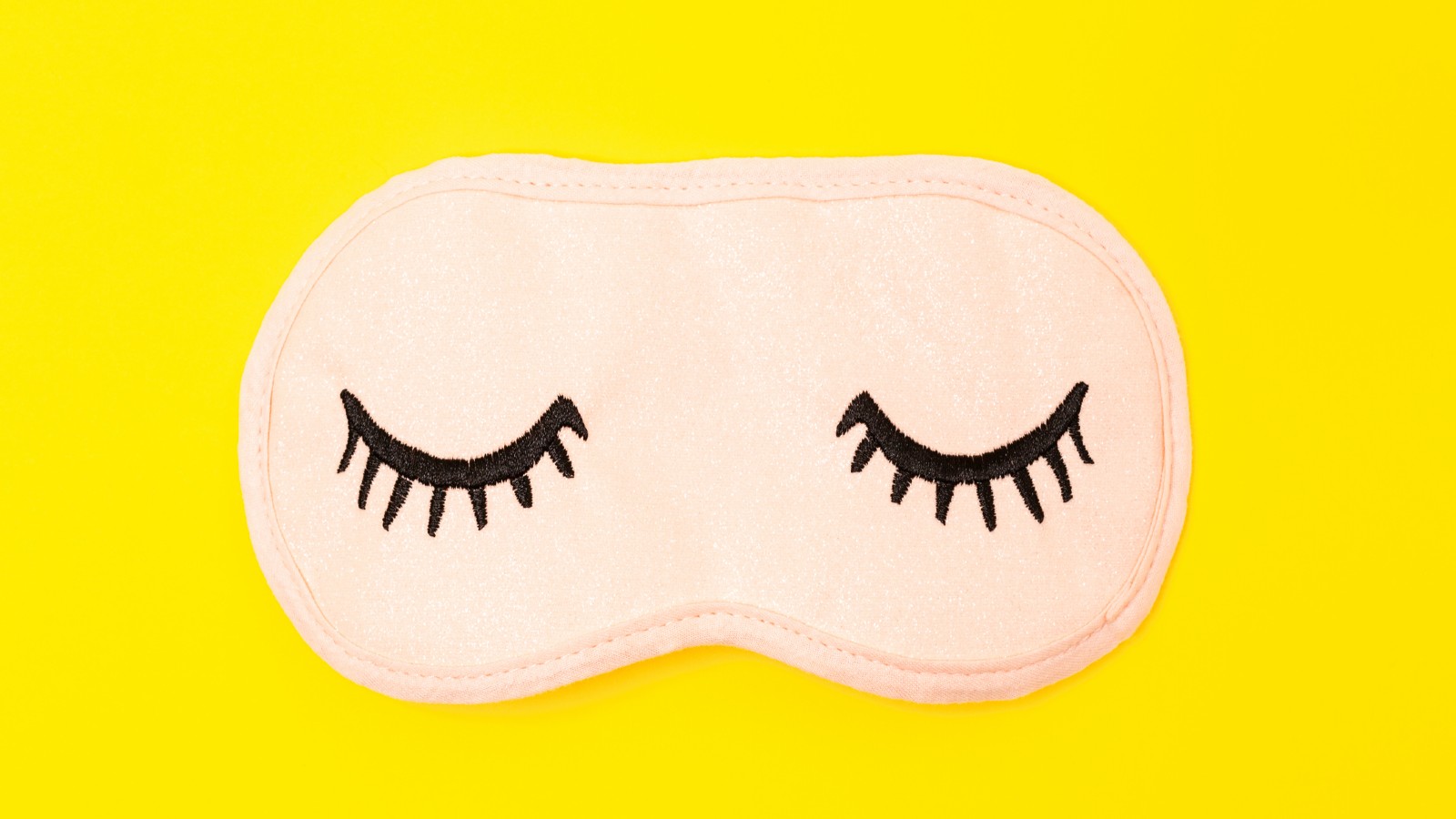

Sleep problems can have a huge impact on how we function day-to-day, from our productivity levels to how we manage stress. But the good news? You don't have to put up with these worries any longer.
Whether you're concerned about a potential sleep disorder or are suffering from neck pain and looking for the best pillow to alleviate your discomfort if you're anything like us you probably turn straight to Google for the answer.
Like tongue pain and vagina problems and 'why does my pee smell?' 'why can't I sleep' and other sleep problems are some of the most Googled questions as we all try to figure out the best way to look after our bodies and minds. Luckily, we've got the experts on hand to help you tackle your most searched sleep problems, explain what might be causing your restless nights and how you can fix them fast.
1. Does melatonin really help you sleep better?
Your sleep problems may be caused by a decrease in the sleep hormone melatonin. This is highest at night, and it essentially helps control our sleep cycle, allowing us to drift off in the evening and wake up in the morning when levels decrease again. Our melatonin levels naturally decrease as we age and can also reduce as a result of certain diseases, such as cancer and type 2 diabetes.
However, melatonin is available as a supplement – mainly to treat sleep problems in adults aged 55 and over, and comes as slow-release tablets or in liquid form.
“Research suggests that melatonin supplements might be helpful in solving sleeping problems, such as delayed sleep phase one,” says Rob Hobson, head of nutrition at Healthspan. This is our first stage of sleep which lasts from one to five minutes before moving into stage two.
The main concern with taking melatonin supplements for sleeping problems is the risk of becoming dependent on them. “There is very little research into the long-term impact of melatonin use,” adds sleep expert James Wilson AKA The Sleep Geek. “I have worked with people who are good sleepers but have taken melatonin to overcome jet lag. Their body gets used to the overdose, and when the melatonin supplement is removed, they start to struggle to sleep, even when not traveling.”
Sign up to our free daily email for the latest royal and entertainment news, interesting opinion, expert advice on styling and beauty trends, and no-nonsense guides to the health and wellness questions you want answered.
The best thing you can do is change your sleeping behaviors before turning to supplements.
2. How to sleep in the heat?
Sleeping in hot weather can be problematic. “In order to sleep well, there needs to be a fractional temperature difference between our body and brain," says Silentnight's sleep expert, Dr. Nerina Ramlakhan. "In other words, a warm body and a cool head.”
Try these tips to stay cool during the warmer months...
- Stop your bedroom from overheating during the day by keeping curtains and blinds closed.
- Use light bed sheets and a low-tog duvet to ensure your bed temperature stays low.
- Stay well hydrated during the day.
- Take a cold or lukewarm shower before getting into bed.
- Use a fan and place it so the air is blowing over a tray of ice – this will cool the room down as the ice begins to melt.
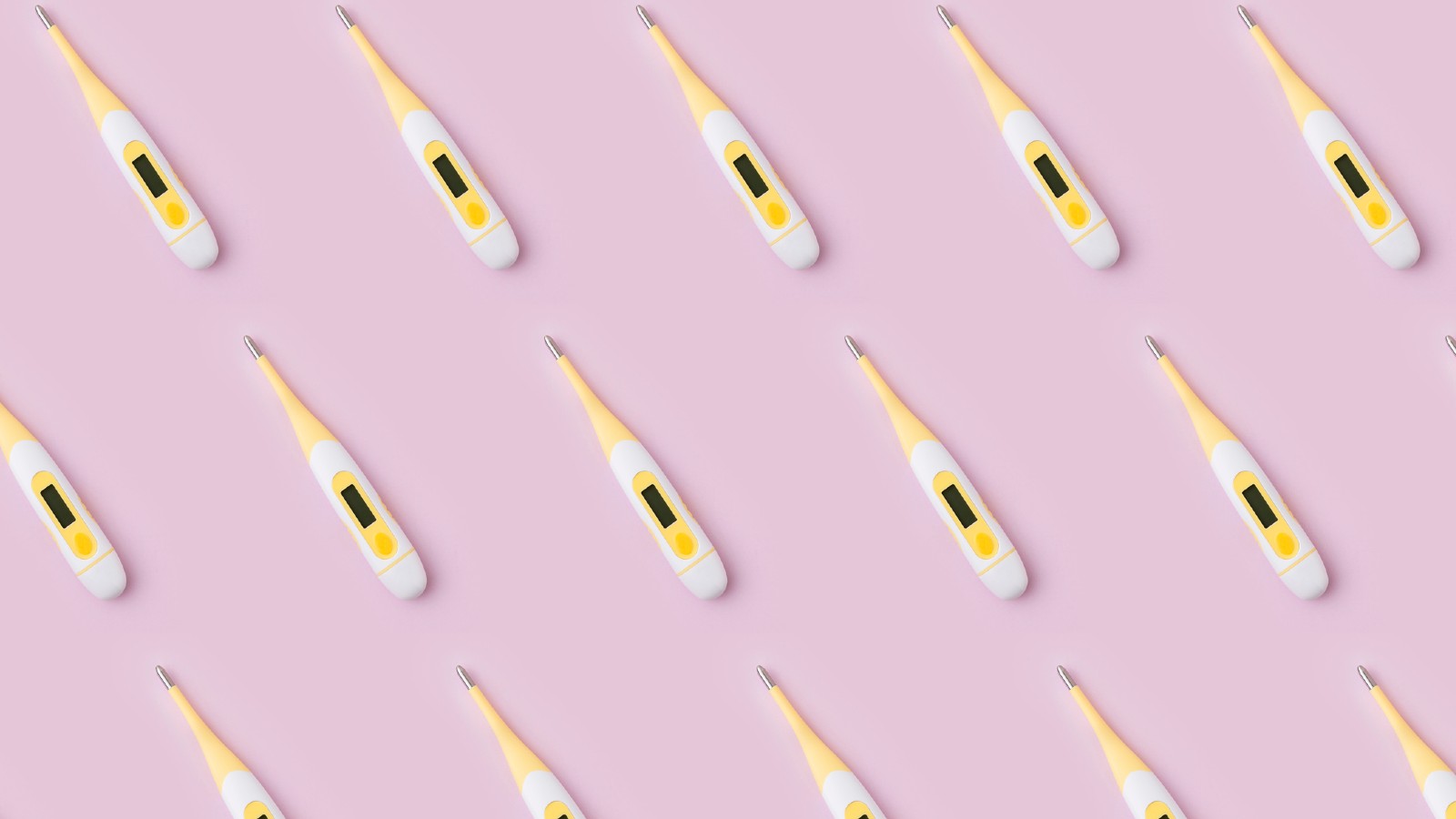
3. What causes night sweats?
“There could be a number of reasons why you are getting night sweats. One of the most common in women is that it's a symptom of menopause,” says Rob. “Certain lifestyle factors may exacerbate night sweats in women at this time, and that includes alcohol consumption, smoking or eating very spicy food before bed.”
Other reasons for night sweats could include anxiety or medications, such as steroids or certain antidepressants. Night sweats usually go away on their own, however, you can try Dr. Ramlakhan’s tips for staying cool (above) if they’re affecting your ability to sleep.
4. What are the symptoms of sleep deprivation?
While teenagers might be known for oversleeping, the opposite can become true as you age. “A good night’s sleep is extremely important for our overall health and mental wellbeing. If you’ve had a bad night’s sleep and are suffering from sleep deprivation, you’ll tend to feel less focussed and fatigued the following day,” says Dr. Ramlakhan. You may also experience low libido.
“Other symptoms of sleep deprivation can include depression, short temper, and increasing feelings of hunger," says Dr. Ramlakhan.
Long-term complications include low immunity, risk of heart disease, diabetes, obesity, high blood pressure, and risk of suffering from a stroke.
“Symptoms vary, but the main causes of sleep deprivation are due to hot flushes, sleep apnoea, or bouts of insomnia. ”
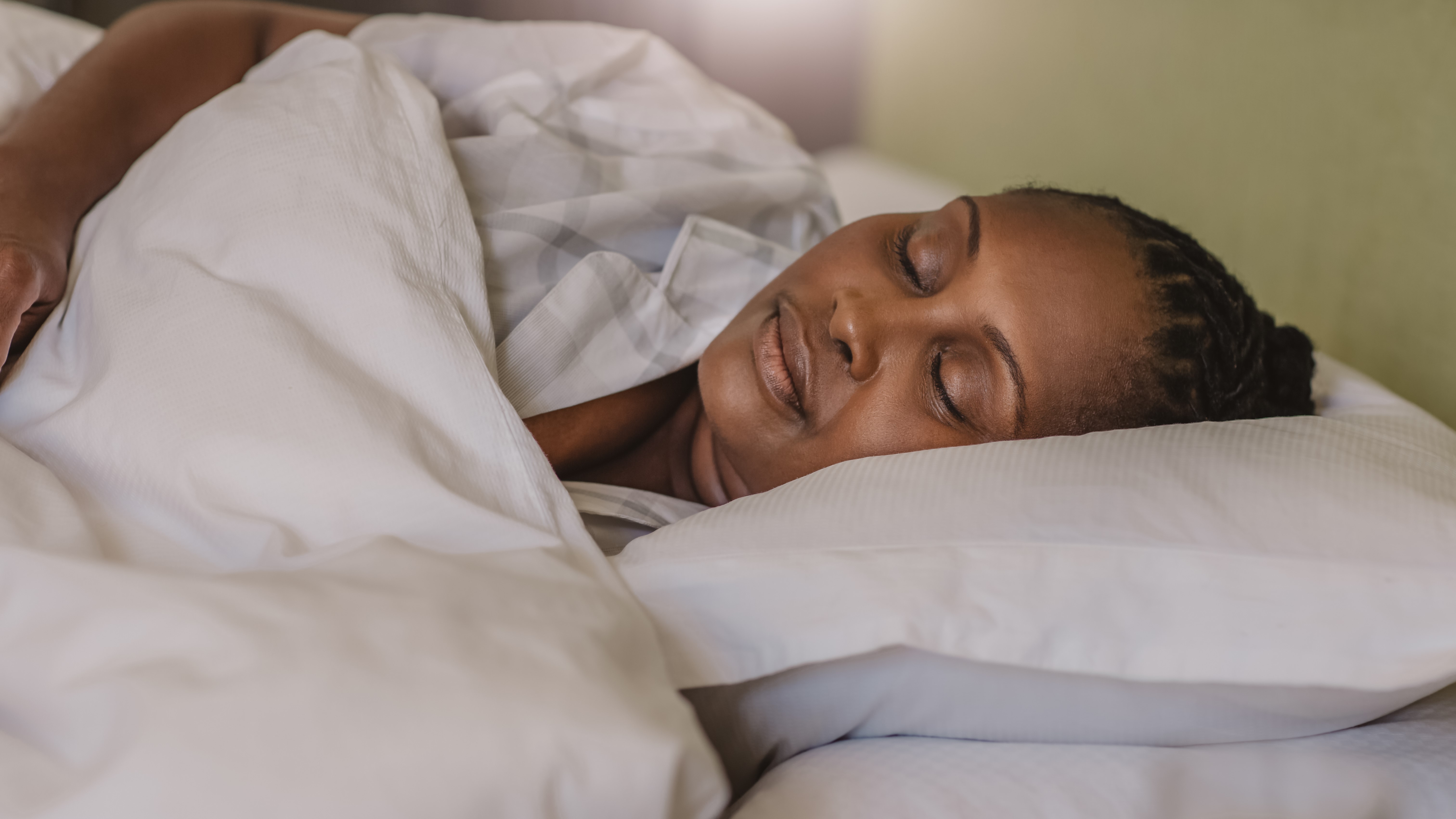
5. How does the menopause affect sleep?
Menopause can have a big impact on your sleep. According to The Sleep Foundation, sleep disorders affect 39-47% of perimenopausal women and 35-60% of postmenopausal women.
“This is because when women go through menopause, the ovaries stop producing hormones estrogen and progesterone. These affect a range of factors such as mood and sleep,” says Dr. Ramlakhan.
Plus, as we age, our sleep cycle naturally changes – we tend to go to bed earlier and get up earlier, resulting in less sleep overall.
6. What are the warning signs of sleep apnoea?
“Sleep apnoea is a serious sleep disorder, and there are warning signs to look out for," says Dr. Ramlakhan.
“The most common symptoms include; loud snoring, irregular stop and start breathing or choking noises, waking up regularly, lack of energy and headaches when you awake.”
If you experience these symptoms, book an appointment with your doctor. If they think you have sleep apnea, they will refer you to a sleep clinic where you may be given devices to wear overnight so your breathing and heartbeat can be monitored.
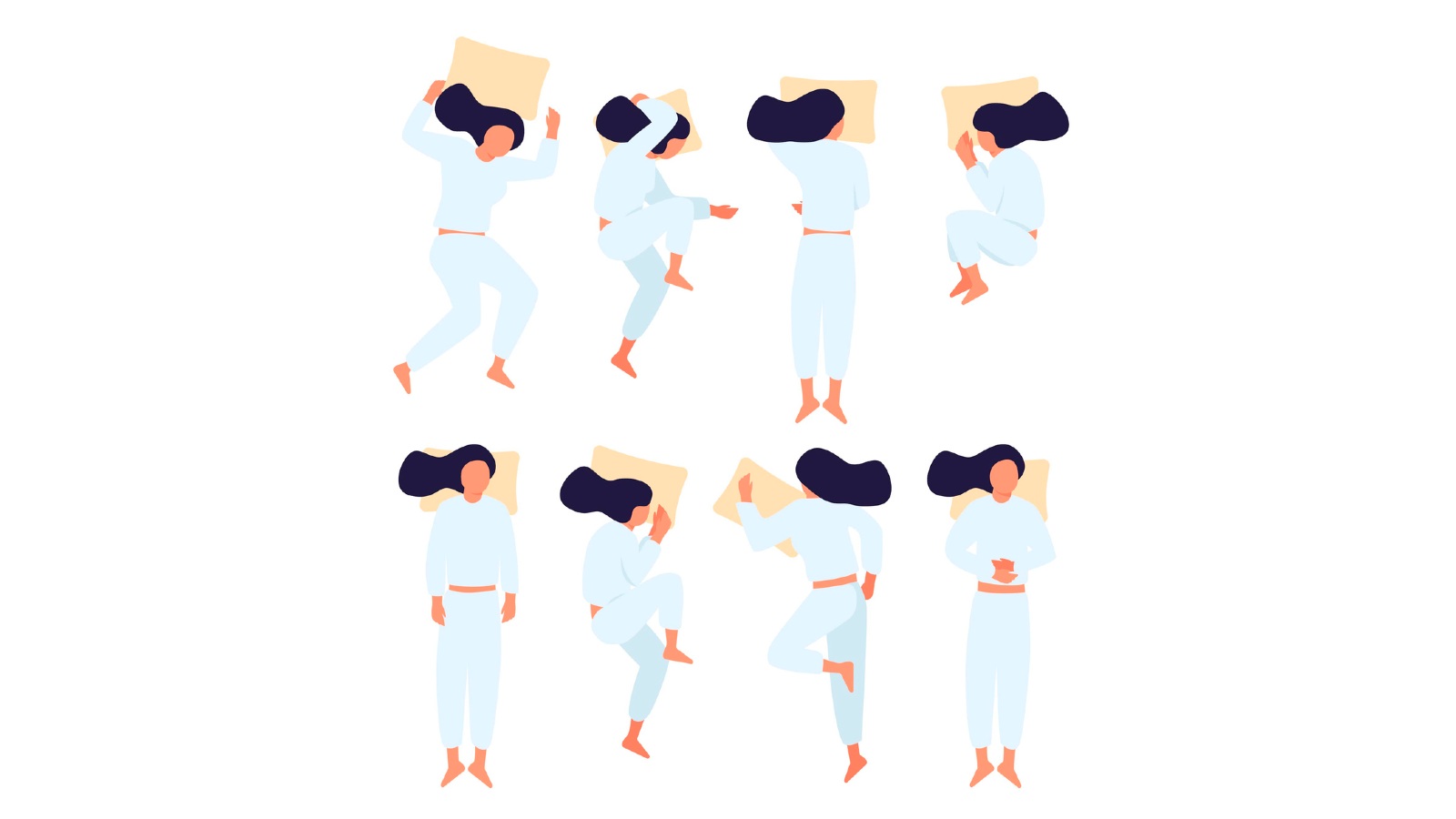
7. What sleeping positions help with neck pain?
“If you’re struggling with neck pain, I recommend trying to sleep on your back or your side, as sleeping on your front adds extra pressure to your spine,” says Dr. Ramlakhan.
“Sleeping on your side will keep your head in a neutral position, but the back is usually the idyllic side to sleep on when dealing with neck pain, as it positions the weight evenly along the entire spine.”
In addition to sleep position, choosing the best pillow for neck pain can also help maintain a natural spinal alignment while you sleep.
8. What sleeping positions help with lower back pain?
Some people find sleeping on the floor can help with back pain, however ensuring you keep proper alignment of your spine is the most important thing, says Dr. Ramlakhan.
"If lying flat on your back feels uncomfortable, try shifting over to your side in a fetal position.”
“Sleeping in a fetal position opens the spaces between your vertebrae. However, try to switch sides every night, so you’re not putting too much pressure on one side of your body.”
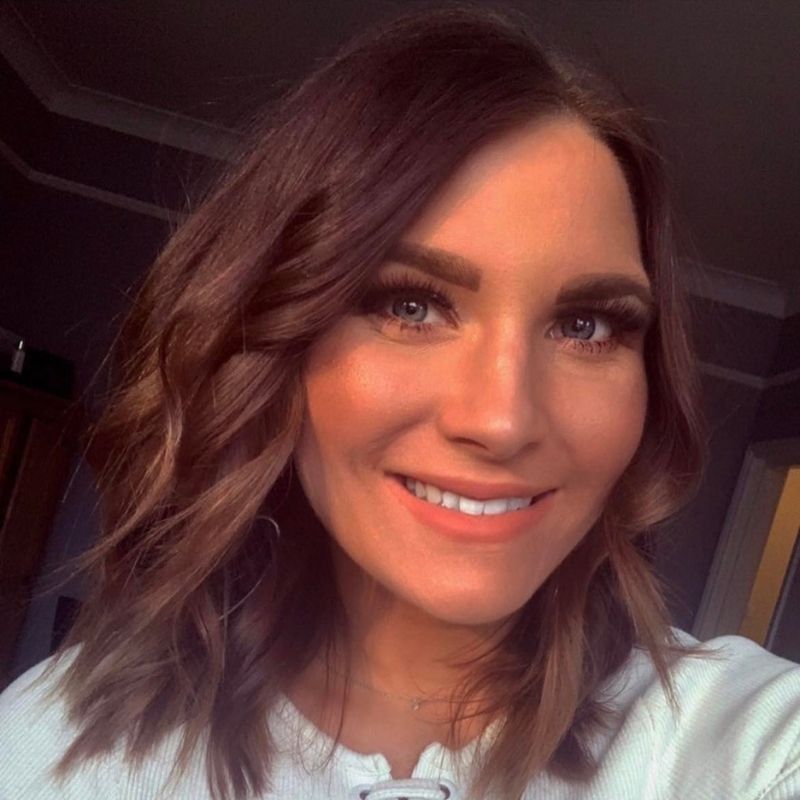
Rose Goodman is a health writer across print titles and websites including woman&home.
Prior to pursuing her career as a writer, Rose obtained a degree in psychology and went on to work in adult mental health for five years, specifically working with people diagnosed with eating disorders, anxiety, depression and OCD. Mental health and wellbeing is something Rose feels incredibly passionate about and believes normalising the conversation around mental illness is something we should all actively strive to do.